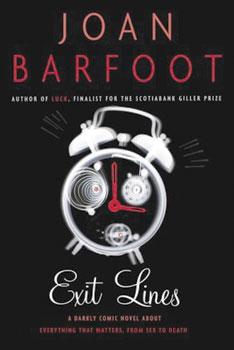Most of us know about Winston Churchill’s historic defense of
England in the Second World War, either through his own
brilliant writing, or the scores of historians who have covered it.
Much less well-known is the story of the men who struggled for years in
a government committed to appeasement, to get Churchill into power and
put a brake on Hitler’s blitzkrieg.
Lynne Olson has done thisin”Troublesome Young Men”. It is indeed
a cracking tale, and hard to put down. The title comes from something
Harold Macmillan said to Churchill in l928. It would be twelve years
before Macmillan was part of the group that upset Neville Chamberlain
and got Churchill to lead the country.
Olson has done remarkable research, through British as well as
American archives, but also the personal papers of the people
involved. The human story is compelling. This is upper-class Britain
and everyone went to the same schools, university, and house parties.
The result is often a clash of loyalty when old friends find themselves
caught in cutthroat parliamentary tactics. The book makes clear
that England had not got over World War l, and did not want another
war. Chamberlain did everything he could to dull the press, and BBC, and
calm the populace, even as Czecholsovakia, Poland, and Norway were
falling to the Germans.
Many of the names are familiar: Anthony Eden, Duff Cooper, Violet
Bonham Carter, Lord Halifax; others less so: Leo Amery, Ronald
Cartland, Bob Boothby. Olson gives lively and affecting portraits of
all of them. Nor does she whitewash Churchill. His difficult sides
are part of the story.
Lynne Olson lives with her husband, Stanley Cloud, in Washington,
D.C. and has co-authored two books with him, as well as “Freedom’s
Daughters” on her own. She was an Associated Press correspondent in
Moscow in the 70’s and covered the White House during Jimmy Carter’s
presidency.
Book Review by Anne McDougall
 It can’t be easy to write a funny, provocative, as well as compassionate book about life in a Retirement Home.
It can’t be easy to write a funny, provocative, as well as compassionate book about life in a Retirement Home.